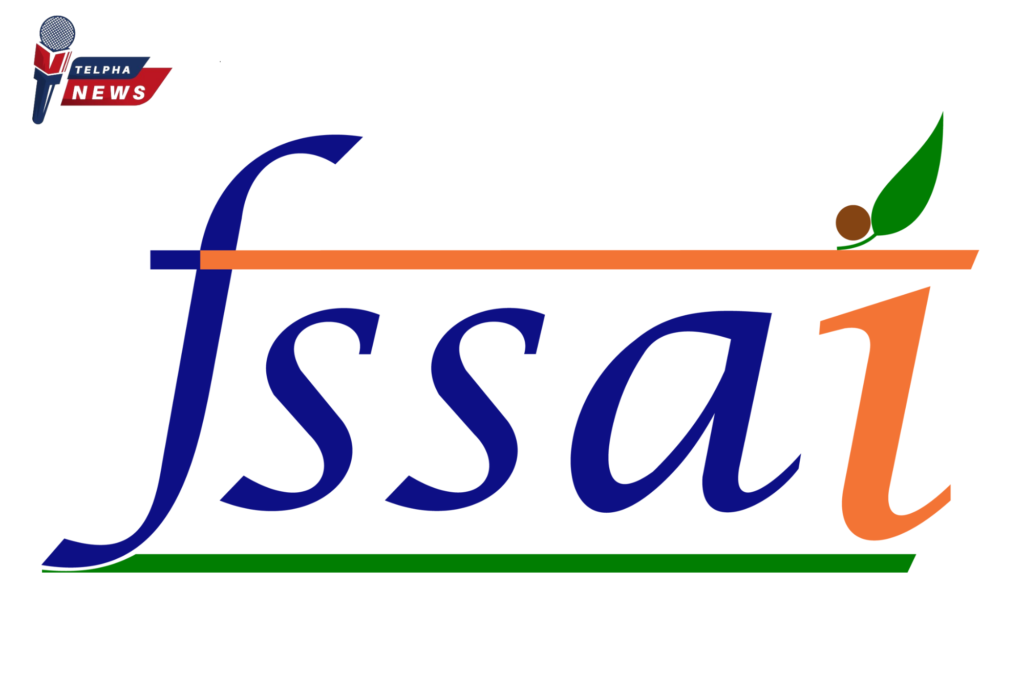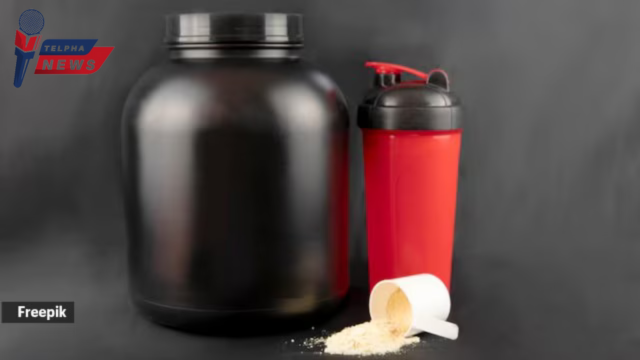The Food Safety and Standards Authority of India (FSSAI) is set to implement more stringent regulations on protein supplements, addressing growing concerns over their potential health risks. This move is timely as protein powders and shakes continue to gain popularity among fitness enthusiasts and athletes. Understanding these changes is essential for both manufacturers and consumers.

Why the FSSAI is Tightening Regulations
Alok Singh, founder of Diga Organics and a food science expert from Ambedkar Nagar, Uttar Pradesh, explains, “The FSSAI’s heightened regulations are a direct response to concerning findings in the protein supplement market. Studies have revealed the presence of heavy metals like lead and mercury, which can accumulate in the body and pose significant health risks over time.”
Microbial contamination, including bacteria and fungi, has also been detected in some products, raising concerns about infections and gastrointestinal problems. Additionally, the presence of undeclared ingredients can lead to allergic reactions and negative interactions with medications. Mislabeling and inaccurate dosage information further complicate matters, potentially leading to under or overconsumption of protein, both of which can have adverse health consequences.
Key Changes in FSSAI’s New Regulations
Singh outlines the key aspects of the new regulations:
- Mandatory Testing: Products will undergo rigorous testing for contaminants like heavy metals and microbes to ensure safety.
- Accurate Labeling: Manufacturers must provide clear and precise information about protein content, ingredients, allergens, and recommended dosages.
- Stricter Limits: New limits have been imposed on permissible levels of heavy metals, toxins, and other potentially harmful substances.
- Regular Audits: The FSSAI will conduct regular audits and compliance checks on manufacturing facilities to enforce these standards.

Impact on Manufacturers and Consumers
For Manufacturers:
The new regulations will likely increase production costs due to enhanced testing and quality control measures. Manufacturers will need to invest in compliance infrastructure to avoid penalties. However, adhering to these standards may boost consumer trust and potentially lead to higher sales in the long run.
For Consumers:
Consumers can expect safer and higher-quality protein supplements. With accurate labeling, they can make informed decisions about their supplement intake, ensuring they consume the appropriate amount of protein and avoid potentially harmful ingredients. However, these improvements may come with slightly higher prices due to increased production costs.
Recommendations for Consumers
To navigate these changes, consumers should:
- Look for FSSAI Certification: Ensure the product label indicates compliance with the new regulations.
- Read Labels Carefully: Pay close attention to protein content, ingredients, allergens, and recommended dosages.
- Buy from Reputable Brands: Purchase supplements from well-known brands and trusted retailers to avoid counterfeit or substandard products.
- Consult Healthcare Professionals: Seek advice from healthcare professionals before starting any new supplement regimen, especially if you have underlying health conditions.
Conclusion
The FSSAI’s stricter regulations on protein supplements are a significant step toward ensuring consumer safety and product quality. While these changes may increase costs for manufacturers and consumers alike, the long-term benefits of enhanced trust and better health outcomes are invaluable. Stay informed, choose wisely, and prioritize your health with the new FSSAI guidelines in mind.